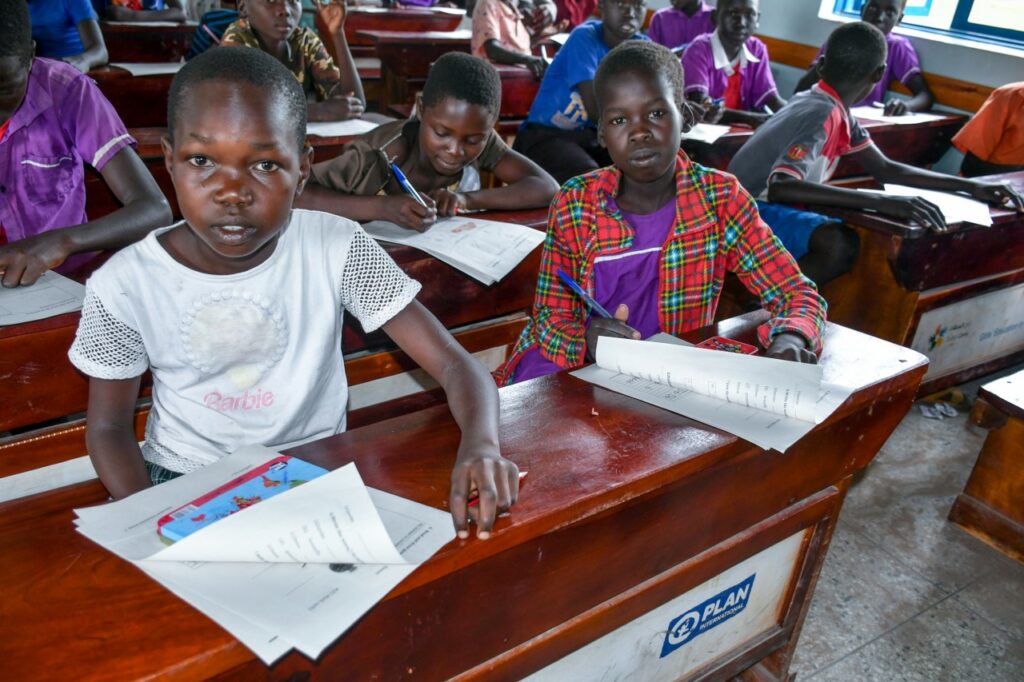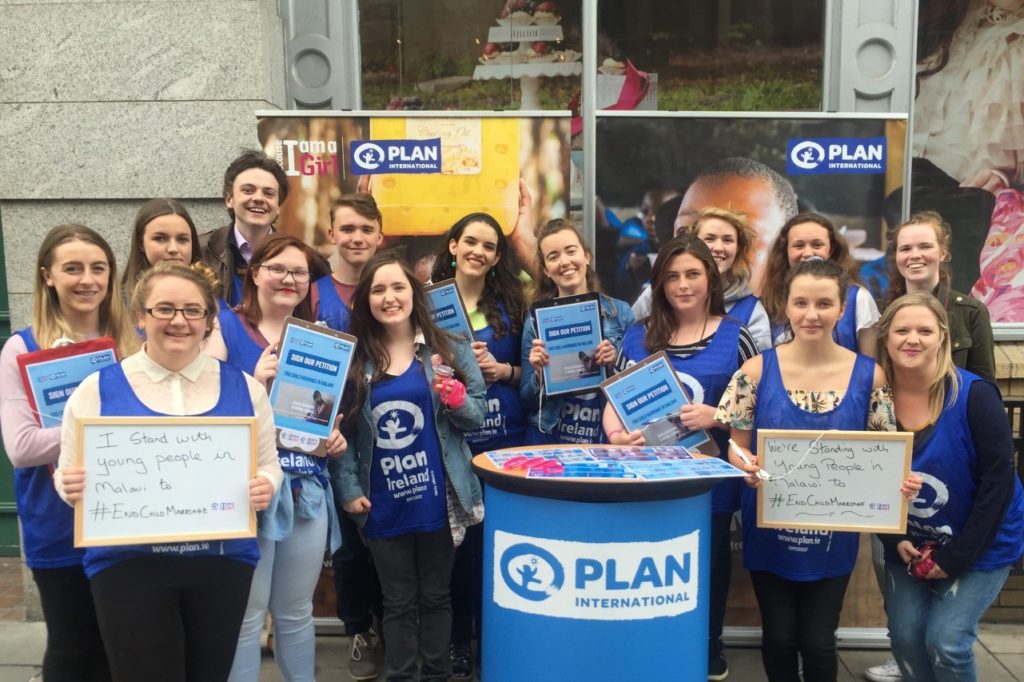This week, on 24th January, we celebrate the International Day of Education. Education is a basic human right, a public good and a public responsibility. Inclusive and equitable quality education is critical in achieving gender equality, breaking a generational cycle of poverty, and attaining economic empowerment, especially among young girls. While the 2030 Agenda for Sustainable Development recognises education being instrumental in achieving all the 17 goals, Sustainable Development Goal 4 (SDG 4) particularly aims to “ensure inclusive and equitable quality education and promote lifelong learning opportunities for all” by 2030. In similar vein, Article 26 of the Universal Declaration of Human Rights declaration calls for free and compulsory elementary education, with countries adopting specific measures to ensure universal access to higher education as per the Convention on the Rights of the Child.
The United Nations designated 24th January as the International Day of Education in celebration of the role of education for peace and development. It aims to reiterate the critical role education plays in building sustainable and resilient societies, and contributes to the achievement of all other SDGs. Stakeholders are called on to observe the International Day of Education with a view to enhancing international cooperation in supporting the efforts towards the realisation of SDG4. UNESCO, the UN specialised agency for education, facilitates the annual observance of the day in close collaboration with main education actors.
Under the backdrop of ongoing violent conflict and socio-political unrest, sporadic upsurge of different forms of violence, coupled with discrimination, racism, xenophobia, and hate speech, especially with the boom of social media globally, the theme for this year’s sixth International Day of Education is ‘’learning for lasting peace’’.
At Plan International Ireland (PII), the core of our work is ensuring that all children, especially girls, can learn, lead, decide, survive, and thrive in all aspects of their lives. Prioritising access to inclusive, quality, participatory and safe education is central to our mission. We work with girls and their communities to break down the barriers that prevent girls from reaching their full potential and equip them with the knowledge and tools to build the future they deserve through our programmes and advocacy.

Our education programming strives to provide quality education opportunities that meet the needs of girls and boys affected by humanitarian crises. SQRIBE, for instance, is an ongoing five-year programme funded by Irish Aid which aims to mainstream access to Safe, Quality, Resilient, and Inclusion-Based Education (SQRIBE) for vulnerable and marginalised children affected by conflict in West Africa. Still in its first year, the programme is being implemented across six countries including Guinea, Guinea-Bissau, Burkina Faso, Mali, Central African Republic, and Cameroon.
Aligned with UNESCO’s mandate of empowering young learners to become agents of peace through Global Citizenship Education (GCE), PII provides necessary knowledge, skills, values, and attitudes to children through our GCE programme in Ireland. It encompasses three educational pillars: Formal (teachers), informal (broad public) and non-formal (Plan International Ireland’s Youth Advisory Panel). Through their engagement, programme participants strengthen their values like equality and solidarity, and build capacities in campaigning and advocacy. Together, they help create a more just society worldwide – think global, act local!

On this day of International Day of Education, Plan International Ireland stands in solidarity with many young lives being disproportionately impacted by the undercurrents of violence and conflict around the world. We, thus, strive to stay committed to advancing children’s rights to accessing equitable and inclusive education in an effort to fostering lasting peace.
Join us in commemorating the International Day of Education this week and make sure that education, as a catalyst for learners to be empowered as agents of peace in their communities, remains at the top of the political agenda, while ensuring that financing becomes a priority.
One thing you can do this week is to join the IFGE’s Online Lunchtime event on Wednesday, 24th January, 12.30pm – 4pm on “Global Education for Lasting Peace”: